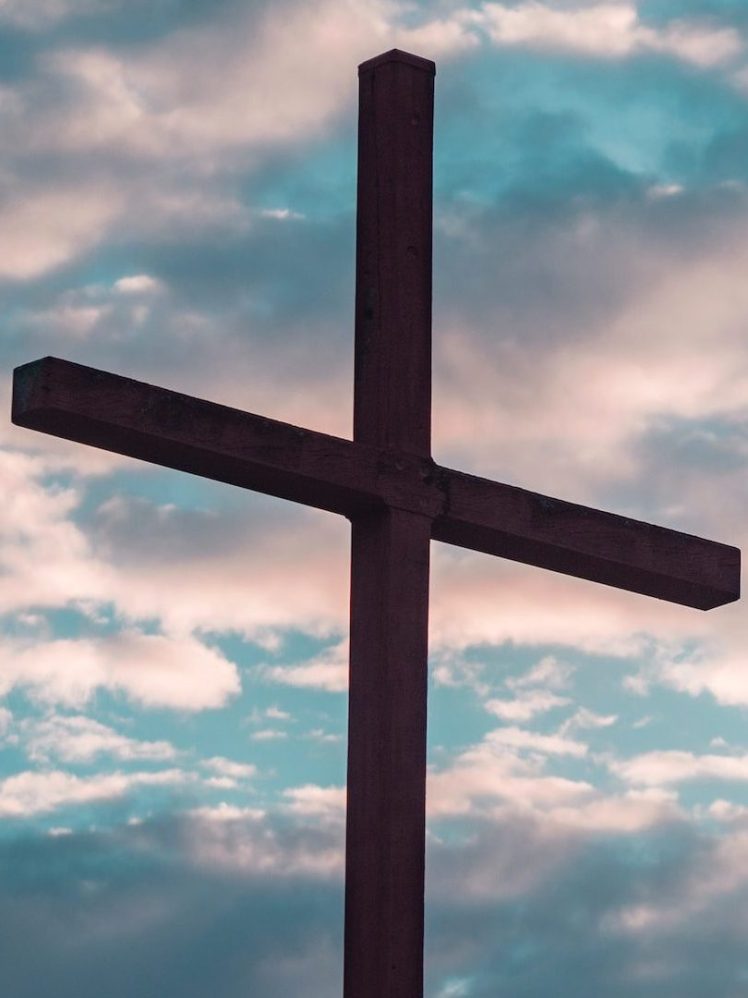There are some Old Testament stories that seem frightening, or even repulsive. We might read these and ask, is that the same God that we worship today? One of these is a brief story of Aaron’s sons, found in Leviticus 10:1-2.
“Now Nadab and Abihu, the sons of Aaron, each took his censer and put fire in it and laid incense on it and offered unauthorized fire before the LORD, which he had not commanded them. And fire came out from before the LORD and consumed them, and they died before the LORD.”
These sons of Aaron were priests, with detailed instructions for worshipping God, like those found in Leviticus 16:12 (“And he shall take a censer full of coals of fire from the altar before the LORD, and two handfuls of sweet incense beaten small, and he shall bring it inside the veil”) and Exodus 30:9 (“You shall not offer unauthorized incense on it, or a burnt offering, or a grain offering, and you shall not pour a drink offering on it.”). There are many theories on what they did wrong, including that they took the coals from somewhere other than from the altar, but I think all the theories imply that they were treating worship like a chemistry experiment.
What do I mean by that? Nadab and Abihu knew what God wanted but probably were curious to see what would happen if they offered something different. As someone with a chemistry set knows what happens when they mix chemical A and chemical B, they might try to learn something new by mixing chemicals A, B, and C. Like Adam and Eve in the beginning, and everyone else since then, they thought “what’s the worst that could happen if we try to do this our own way?” Nadab and Abihu might have been trying to learn something, and they tragically did, because God is not a laboratory where we explore our curiosity.
Living Sacrifices
In the New Testament book of Romans, Paul wrote:
“I appeal to you therefore, brothers, by the mercies of God, to present your bodies as a living sacrifice, holy and acceptable to God, which is your spiritual worship. Do not be conformed to this world, but be transformed by the renewal of your mind, that by testing you may discern what is the will of God, what is good and acceptable and perfect.”[1]
Paul is teaching a similar lesson to that of Aaron’s sons, that God alone gets to determine what worship is acceptable to Him, and we should offer it. According to Paul, the proper offering to God in worship is our own lives. This is not just a New Testament idea. The Old Testament prophet Micah said:
“With what shall I come before the LORD,
and bow myself before God on high?
Shall I come before him with burnt offerings,
with calves a year old?
Will the LORD be pleased with thousands of rams,
with ten thousands of rivers of oil?
Shall I give my firstborn for my transgression,
the fruit of my body for the sin of my soul?”
He has told you, O man, what is good;
and what does the LORD require of you
but to do justice, and to love kindness,
and to walk humbly with your God?”[2]
God did provide laws for making sacrifices to Him, but the real purpose of those sacrifices was to point toward a future where Christ would be sacrificed so we could “do justice,” “love kindness,” and be humble before God. Religious people in all places in times have tried to offer the right mix of ritual, the right recipe of doctrine, or the right form of rigid behaviors, but none of it can replace what God has offered for us – His own Son. None of those other attempts at worship give us a future of being reconciled to our God and to each other.

Nadab and Abihu’s lesson is not just about the wrath of an Old Testament God, but a lesson for all times that there is only one God, and that He determines what is acceptable, in sacrifices and in actions. He gives us rules and guidance because not every path is good for us, and He knows we only put ourselves in danger by not following Him. The fate of Aaron’s sons proves it.
Because we cannot live a perfect life as an acceptable living offering, “God shows his love for us in that while we were still sinners, Christ died for us.”[3] Jesus lived the perfect life to be the only acceptable sacrifice. To benefit from that sacrifice, we must accept his righteousness as our own by calling him Lord, then He will be our Savior. We must accept that His righteousness is the righteousness we want. No other sacrifice will do. God is not a chemistry experiment.


